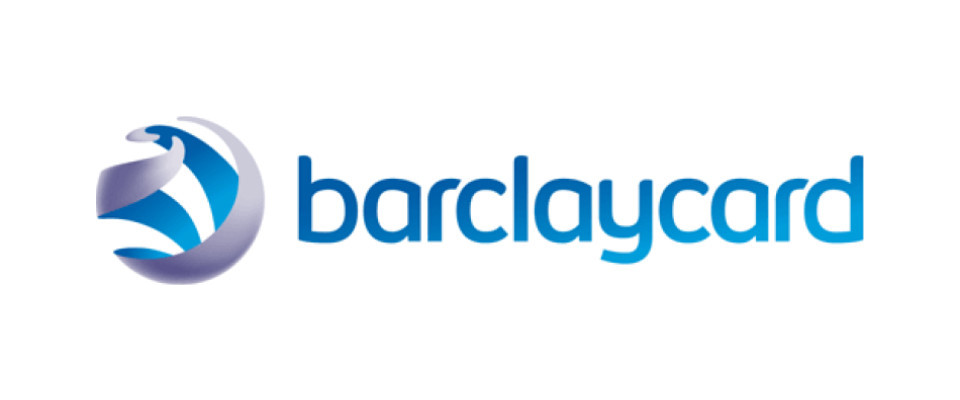Consumer spending declined 2.6 per cent year-on-year in July – the smallest fall since lockdown began – as Brits spent more on non-essential items.
- Spending on essential items grew 3.2 per cent, driven by supermarket shopping, as food and drink specialist stores also increased
- Non-essential spend dropped 4.7 per cent, a significant lift compared to last month, as the hospitality sector began to re-open and staycations rose
- Mandatory face coverings are encouraging a return to the high-street, with over 55s feeling more comfortable visiting stores than younger shoppers
- Though confidence in the UK economy remains low, Brits’ ability to spend on non-essential items returned to pre-coronavirus levels
- The Barclaycard report combines hundreds of millions of customer transactions with consumer research to provide an in-depth view of UK spending
Data from Barclaycard, which sees nearly half of the nation’s credit and debit card transactions, reveals that spending on essential items grew 3.2 per cent year-on-year. This increase was largely driven by supermarket shopping, which rose by 15.0 per cent, helping to offset a 22.2 per cent drop in fuel spend.
While spending on non-essential items declined by 4.7 per cent, this was a significant improvement from the 22.3 per cent contraction seen in June. Shopping locally contributed to this recovery, with food and drink specialist stores – including off licences, greengrocers, and independent convenience stores – up 43.3 per cent and takeaway and fast food by 20.4 per cent. These figures are a reflection of 45 per cent of Brits choosing to support nearby businesses, with a fifth (20 per cent) visiting local stores more often, and 19 per cent spending more than usual.
Restaurants and bars & pubs also saw some positive signs, with overall declines of 64.2 per cent and 43.0 per cent, compared to -86.0 per cent and -93.0 per cent in June respectively. In encouraging news for the hospitality sector, one in three consumers (31 per cent) is looking to support the industry where they can. Of this group, 36 per cent are now dining at restaurants, 28 per cent are going out for drinks and 34 per cent intend on taking advantage of government initiatives like ‘Eat Out to Help Out’.
Sports and outdoor stores saw strong uplifts, rising 27.7 per cent, as warmer weather and the start of the school summer holidays in England and Wales encouraged more people to spend time outside. Pharmacy, health and beauty shops were up 4.0 per cent, a notable increase from the -33.0 per cent seen in June, as hairdressers, nail bars and beauty salons started to re-open their doors.
Spending on household items was another bright spot, with furniture stores and electronics reporting their highest figures this year (growing 46.4 per cent and 22.7 per cent respectively). Home improvement and DIY also rose by 27.1 per cent, as Brits continued to carry out home and garden renovations.
A hopeful sign for high street retailers can also be seen in that close to four in ten (37 per cent) UK adults are now unconcerned about visiting shops. Perhaps unexpectedly, shoppers aged over 55 are most likely to say they aren’t concerned, with 18-34 year-olds the least likely to feel this way. Of those who are comfortable heading in-store, 46 per cent are reassured by the requirement to wear face coverings and 45 per cent by the presence of antibacterial hand gel at many retail entrances.
Meanwhile, overall travel spend fell by 60.4 per cent, as a boost in staycation spending failed to offset continued restrictions on, and consumer reservations about, international travel. Nearly one in six (58 per cent) Brits is concerned about travelling overseas, and half (50 per cent) are hesitant to use public transport.
Brits are, however, feeling more positive about their personal finances, with confidence in household finances (72 per cent) and ability to spend on non-essential items (58 per cent) returning to levels not seen in the UK since January 2020. Nonetheless, a feeling of cautiousness remains, as trust in the UK economy remains low at 23 per cent, and job security at 43 per cent.
Esme Harwood, Director at Barclaycard, said: “Consumer spending has warmed up alongside the weather, as Brits return to the shops for non-essential items. It’s a welcome development for retailers to see spending up across many sectors in the first full month of data since lockdown restrictions started to ease.
“However, a sense of cautiousness still prevails. While some consumers feel more comfortable returning to shops, others are still wary of taking public transport and travelling outside the UK, with fears and uncertainties lingering about returning to normality too quickly.”

